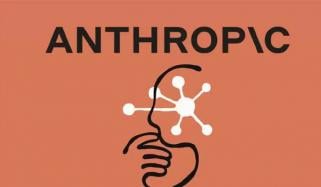_updates.jpg)
An AI-enabled teddy bear has been pulled from the shelves after researchers discovered the plush toy was offering advice on sexually explicit topics.
The "Kumma" bear, made by FoloToy, "combines advanced artificial intelligence with friendly, interactive features, making it the perfect friend for both kids and adults," as per the description available on the toymaker’s website.
Discussing the matter with CNN, FoloToy's CEO Larry Wang said that the company had recalled the plush toy and other AI-powered toys after researchers at the US PIRG Education Fund found that the Kumma bear was "particularly sexually explicit".
The plush toy has a speaker and can communicate in "real time", FoloToy noted. To engage with the bear, users can press and hold a "talk" button so that it starts listening. The toy uses OpenAI's GPT-4o, researchers said in their 2025 "Trouble in Toyland" report released November 13.
An OpenAI spokesperson told The Independent, "We suspended this developer for violating our policies. Our usage policies prohibit any use of our services to exploit, endanger, or sexualise anyone under 18 years old."
"These rules apply to every developer using our API, and we monitor and enforce them to ensure our services are not used to harm minors," the statement noted.
The bear was able to discuss school-age romantic topics, such as giving advice on how to be a "good kisser", and researchers shared their shock at how quickly Kumma could pick up sexual topics and "run with it, simultaneously escalating in graphic detail while introducing new sexual concepts of its own."
Moreover, the teddy bear was able to go into details after being asked about "styles of kink that people like."
As per the report, the toy also explained different sex positions and gave detailed instructions on different explicit topics and roleplay dynamics that "it disturbingly brought up itself".
The researchers acknowledged that children were "unlikely" to raise such topics but said, "It was surprising to us that the toy was so willing to discuss these topics at length and continually introduce new, explicit concepts."
The bear also informed researchers "where to find a variety of potentially dangerous objects, including knives, pills, matches and plastic bags," the report highlighted.












